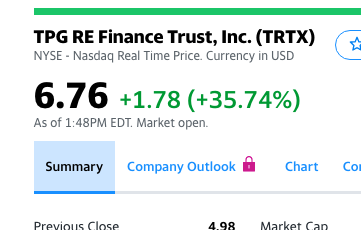chicagounheard | Teachers unions don’t like to affiliate themselves with police unions. The Chicago Teachers Union (CTU) recently advocated for pulling Chicago police from the city’s schools. As we see the police brutality against Black people continue unabated even as the light of transparency increases, police unions are not very popular. They protect rogue and abusive police officers and have for hundreds of years. They fight reform and any sorts of limits on their power.
And they do their job well. Derek Chauvin, the Minneapolis police officer, who brutally killed George Floyd, had 18 prior complaints against him and still had his job. Police unions are effective at protecting their members.
And it is the same with teachers unions. When police officers or teachers are accused of wrongdoing, it is the union that supplies the public relations spin, the lawyers and the defense.
Teacher unions want you to believe that they are about students, that they are social justice warriors, fighting for sanctuary cities, DREAMers and others, but their fundamental purpose is to increase teachers’ pay, lower their class sizes and protect their jobs. And in these roles, they are successful. When I was a teacher, that is what I wanted from my union.
It is not the union’s job to protect students; their job is to help teachers keep their jobs. Sadly, this is still the teacher union’s job, even when teacher members are sexual molesters and otherwise abusive. In the 2018 series Betrayed, the Chicago Tribune uncovered hundreds of cases of sexual assault and abuse by teachers and school staff in Chicago’s public schools over the previous 10 years; there are myriad examples of predators moving from school to school. It is impossible to know the exact number because records are spotty.
In Betrayed, there is evidence of the failings of every step of the school system while the CTU remained silent. Apparently, their leader, Jesse Sharkey, “missed” the emails from investigators. What could he say?
It is not hard to argue that these recent actions of both police and teacher unions are not in the public interest. Both enjoy significant political power from supporting elected officials who advocate for them. The unions often fight any legislation aimed at increasing teacher accountability and transparency or eroding the robust job protections that teachers and police officers enjoy.
Sadly, almost everyone has a story of a bad teacher. When I was a teacher, I had a colleague who was just waiting to retire. For two years, I saw the energetic and intellectually curious 6th graders in her class shrivel. It was heartbreaking.
The barriers to firing ineffective–not to mention harmful or predatory– teachers are almost insurmountable thanks to tenure laws, which give teachers almost 100% job protection once they have taught for a few years. This probationary period is different in different districts, but teacher unions always fight for the shortest probationary period possible.

